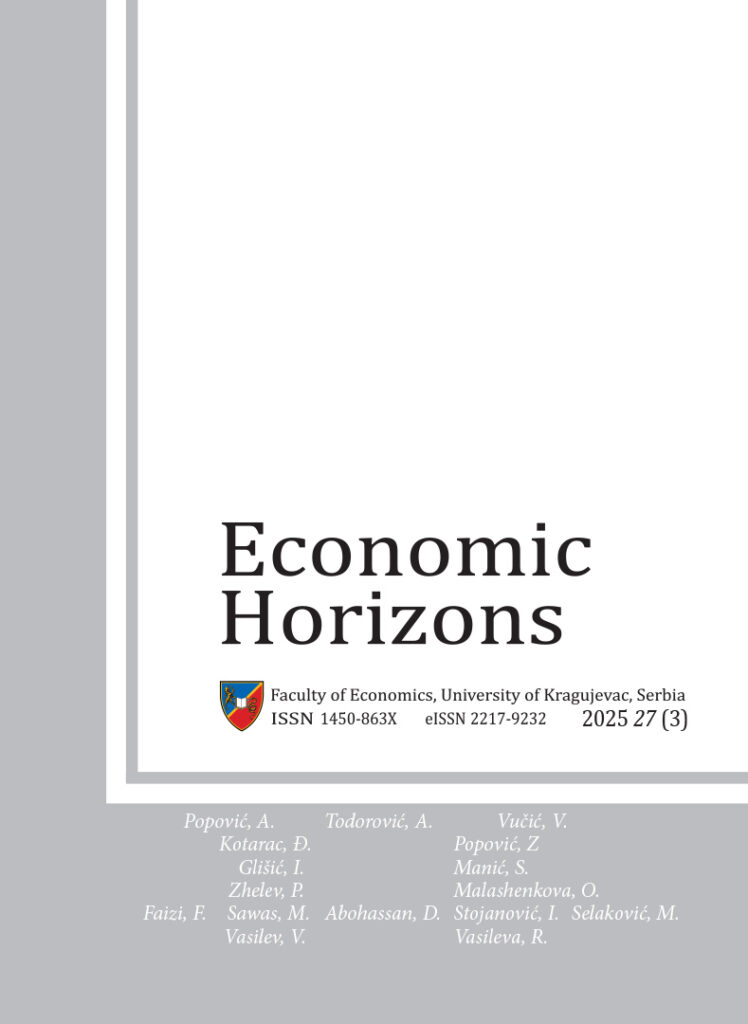
THE JOURNAL IS PUBLISHED
THREE TIMES A YEAR
in April, August and December
Olgica Glavaški and Emilija Beker Pucar
Faculty of Economics in Subotica, University of Novi Sad, The Republic of Serbia
In the aftermath of the global recession, the need for fiscal consolidation in order to reduce budget deficits and the public debt has intensified, but with the aim to make the measures applied not affect the further slowdown of the economic activity in the European Union (EU) economies. In this paper, the episodes of the fiscal consolidation in the period from 1990 to 2015 in the 28 EU economies are analyzed, differentiating the multiyear episodes against the one-year (i.e. cold shower) episodes and their effects before and after the global recession. The episodes of the fiscal consolidation that result in successful (a reduction in the cyclically-adjusted primary budget deficit) and expansionary effects (the GDP growth) are identified, thus empirically confirming the existence of non-Keynesian effects. The stated affirms the idea that the achievement of fiscal sustainability by using austerity measures does not necessarily imply contractions in economies and that the development of a fiscal architecture in the EU by establishing complementarity between the national and supranational fiscal rules is of extraordinary importance in the post-crisis period.
Keywords:
JEL Classification:
Since March 2015, the Journal is indexed in DOAJ
Since November 2013, the Journal is indexed in ProQuest – ABI/INFORM
Since October 2013, the Journal is indexed in Cabell’s Directories
Since September 2013, the Journal is indexed in Index Copernicus Journals Master List 2012
Since March 2013, the Journal has been evaluаted and accepted for listing in EconLit (American Economic Association Publications)
Since January 2013, the Journal has been included into EBSCO’s databases
Since November 2012, the Journal has been included into Ulrich’s Periodicals Directory
Since March 2015, the Journal is indexed in DOAJ
Since November 2013, the Journal is indexed in ProQuest – ABI/INFORM
Since October 2013, the Journal is indexed in Cabell’s Directories
Since September 2013, the Journal is indexed in Index Copernicus Journals Master List 2012
Since March 2013, the Journal has been evaluаted and accepted for listing in EconLit (American Economic Association Publications)
Since January 2013, the Journal has been included into EBSCO’s databases
Since November 2012, the Journal has been included into Ulrich’s Periodicals Directory